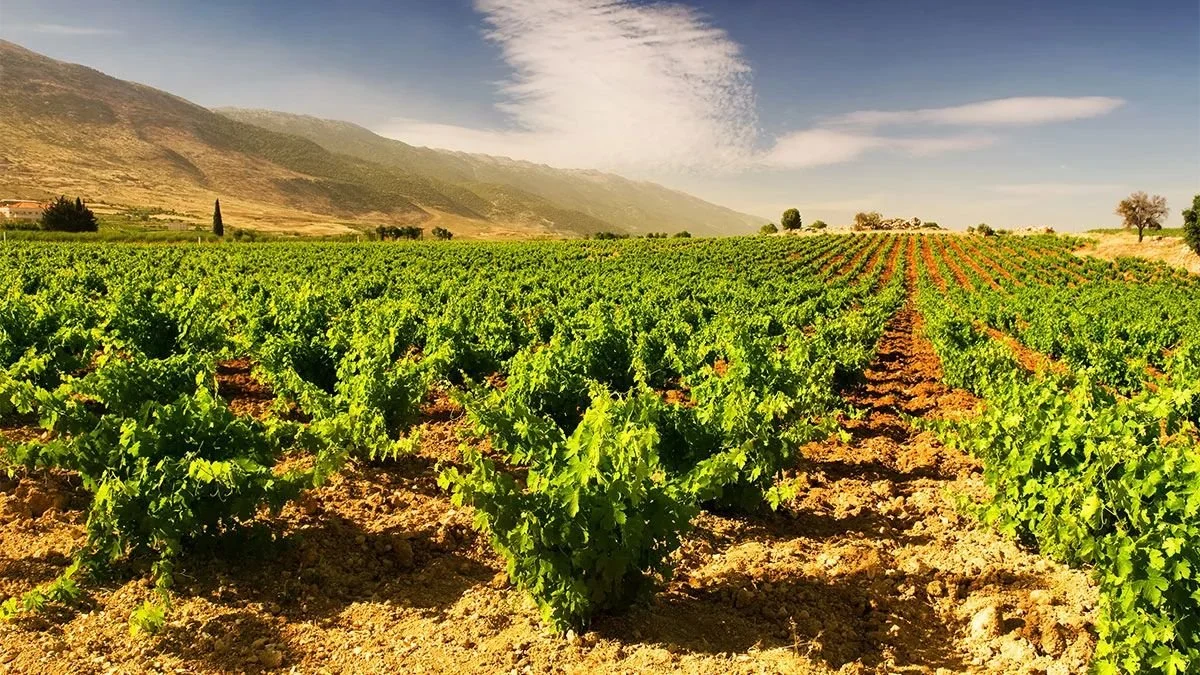The endurance of Lebanese wine
On Friday at the Decanter Fine Wine Encounter, Jessica and Richard met some of the team from Chateau Musar, Lebanon’s most iconic winery, and tasted some of their extraordinary wines.
The reds were rich, elegant and bursting with flavour, while the whites - from the indigenous Obeideh and Merwah grapes - showed freshness and depth.
Now run by the third generation of the Hochar family, Château Musar is widely regarded as the benchmark of Lebanese winemaking. The estate follows a non-interventionist philosophy, using organically grown grapes from vineyards at 1,000 metres in the Bekaa Valley. The result: wines of remarkable complexity, elegance, and ageing potential.
As Hannah Crosbie penned in The Guardian in June, Lebanon is “one of the most ancient wine-producing regions of the world.” Its winemaking history stretches back over 5,000 years, yet producers like Musar are now bringing it renewed global attention. Lebanon’s high-altitude vineyards yield balanced, nuanced wines, combining deep-rooted tradition with modern precision. It’s proof that great wine thrives wherever passion and patience endure.
That endurance has been tested in ways few regions face. The Guardian’s William Christou and Reuters journalists Emilie Madi and Maya Gebeily wrote in August how conflict and drought have battered the Bekaa Valley.
Vineyards have been caught in airstrikes, bottles shattered, exports disrupted – yet winemakers persist. Lebanese wine isn’t just about terroir; it’s about tenacity.
At Stir, we’re drawn to stories like these that blend craft, creativity, and resilience and Lebanon’s wine story captures all three. Here's hoping more of the wine world branch out into Lebanese wine and in doing so, draw more attention to this amazing wine-making country.

